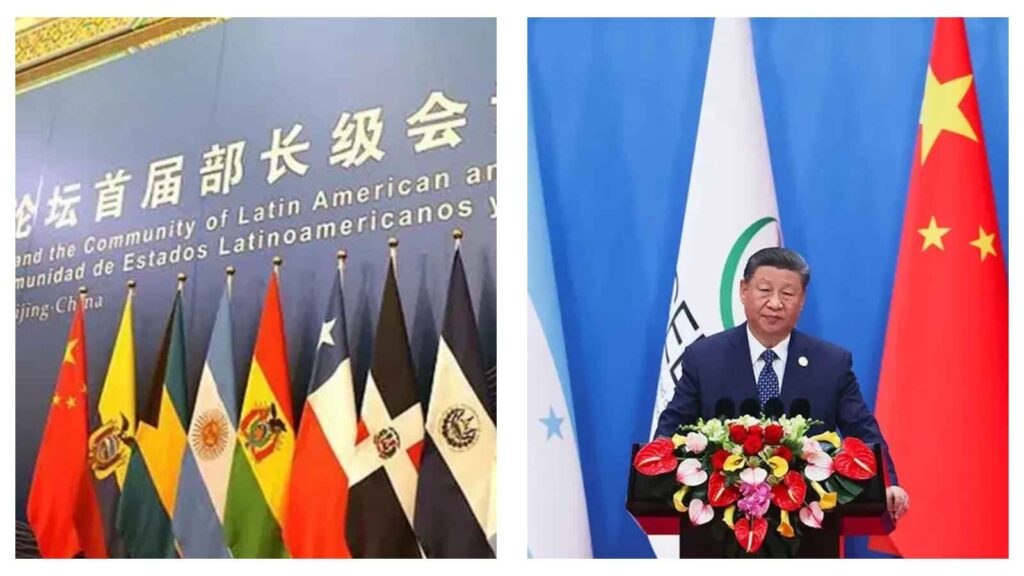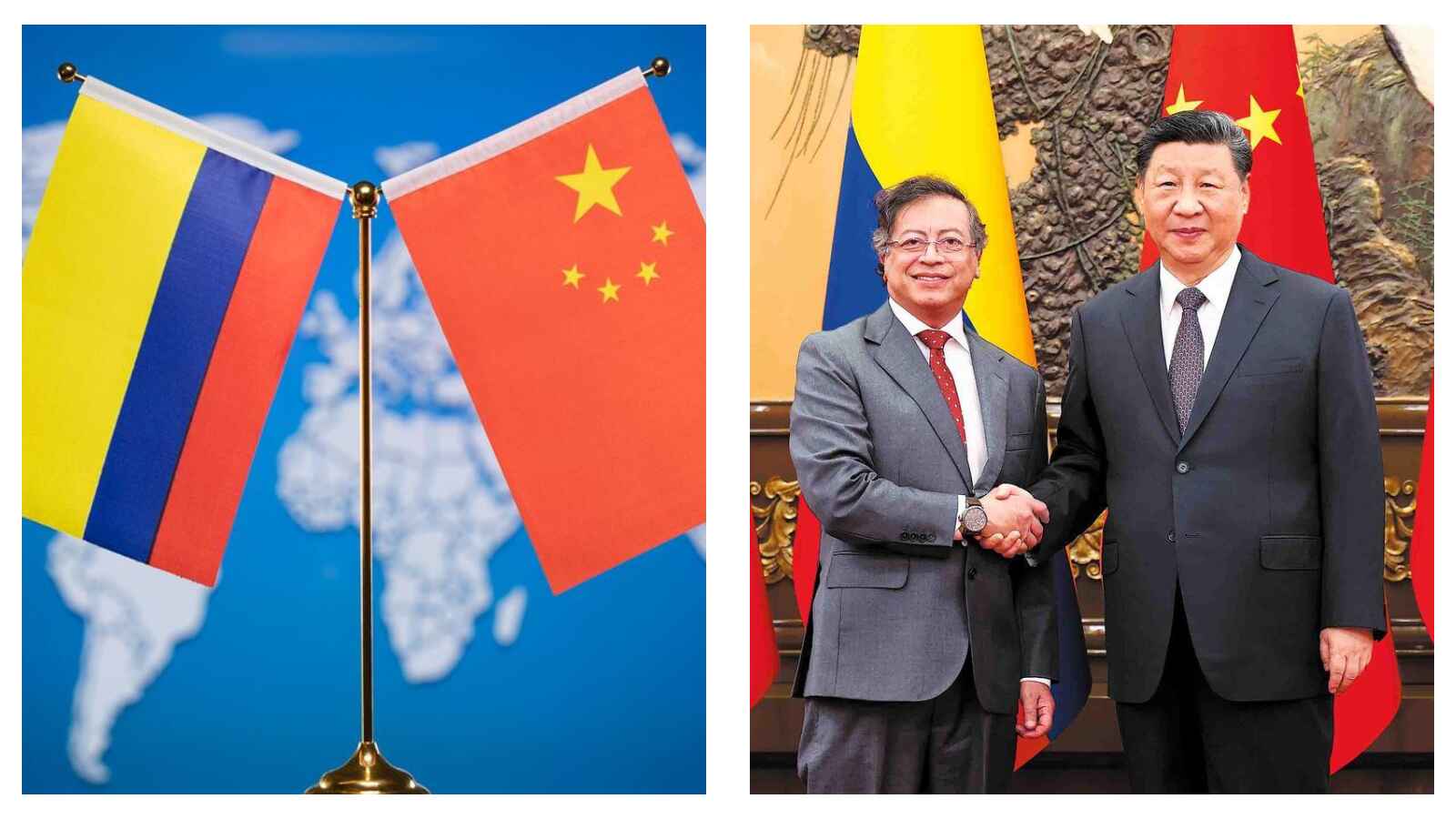By Wendellyn Mateo
China’s lucrative “Belt and Road” Initiative (BRI) has another member under its belt, with Colombia officially joining the ranks of the multi-billion-dollar project during this week’s fourth ministerial meeting of the China-CELAC (the Community of Latin American and Caribbean States) Forum in Beijing.
Colombia dubbed the decision as a “historic step”, paving the way for new opportunities in areas like investment, technological cooperation and sustainable development.
“The history of our foreign relations is changing,” Colombian President Gustavo Petro said in a report from the Agence-France Presse.
Deeper co-operation for China and Columbia
President Xi Jinping touted China’s relations with Colombia and called for both sides to enhance strategic communication and political mutual trust.
Citing this year as the 45th anniversary of the establishment of diplomatic relations between the nations, Xi said China was ready to further their strategic partnership and create benefits for both sides.
Xi also dangled the possibility of importing more quality products from Colombia and supporting investment from Chinese enterprises into the Latin American country, according to state-media Xinhua.
YOU MAY ALSO LIKE: China, LatAm see trade as foundation for stronger future relations

Meanwhile, Petro said he looked forward to improving Colombia’s ties with China and urged both nations to expand cooperation in key sectors like trade, infrastructure, new energy and artificial intelligence.
China expands clout through BRI
The BRI is considered a key aspect of Xi’s efforts in expanding China’s influence around the world, boosting trade and economic growth through investing in infrastructure and other large-scale projects.
Just this year, China released a government work report that listed efforts to pursue high-quality Belt and Road cooperation, including advancing major signature projects and “small and beautiful” public wellbeing schemes.
Some members of the National People’s Congress and the Chinese People’s Political Consultative Conference (CPPCC) National Committee told the Global Times that the blueprint in the government work report aims to guide BRI cooperation in the second decade amid rising challenges in the international trade landscape.
Emerging technological sectors such as new energy vehicles and the digital economy are also expected to dominate BRI work this year.
Xu Shilong, a CPPCC National Committee member and chairman of Shanghai Geoharbour Group, underscored the need to focus on “small and beautiful” public wellbeing projects that highlight inclusive growth in BRI partner nations.
“A lot of developing countries are in urgent need of China’s newly rising technologies.”
“As such, in addition to traditional large-scale enterprises, private small but specialised and innovative companies should also seize the opportunities to accelerate expansion in BRI partner countries this year,” Xu said.
READ NEXT: Russia ready for Istanbul talks, silent on Putin-Zelensky meeting
